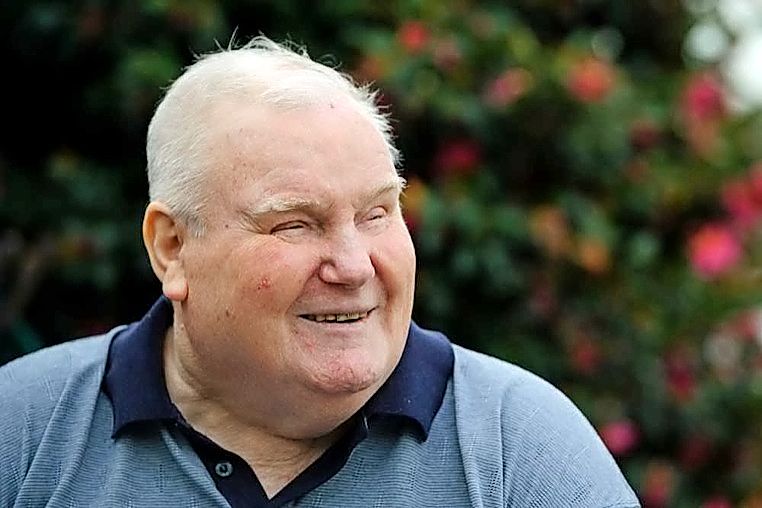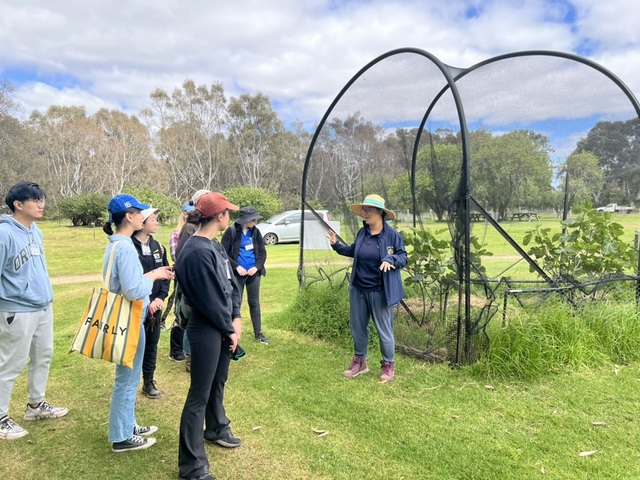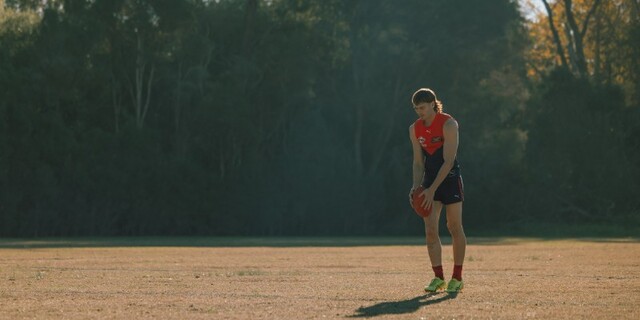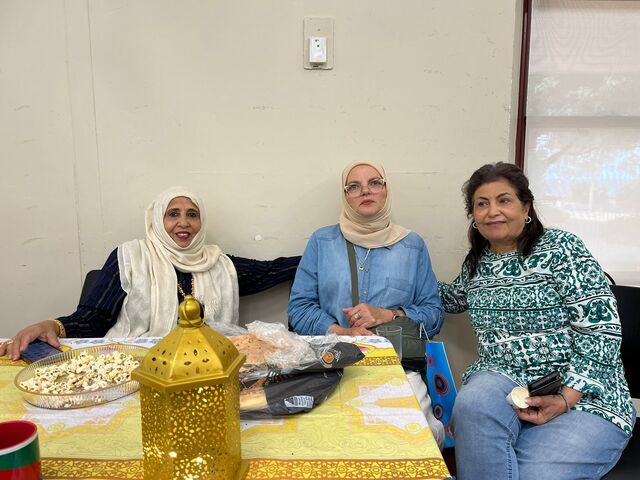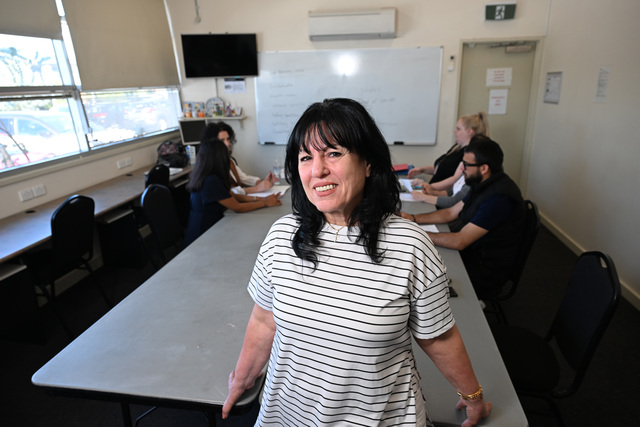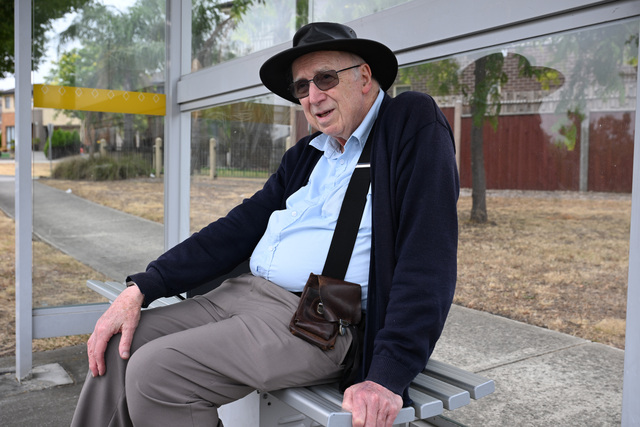Terry Carlson grew up in a raucous house full of children, one of nine siblings all of whom enjoyed a bit of rough and tumble and old-fashioned fun.
It was no different one particular Sunday, when Terry, then five, was playing with his mate Trevor from next door.
His father was setting the table for Sunday lunch.
“If you don’t stop mucking around, you’ll bring this table down,” his father bellowed.
Terry had pinned Trevor to the ground and the pair tumbled in a tangle of flying limbs.
“I grabbed the table cloth,” Terry recalled. “And down came the meat fork and it fell into my face.”
The fork prongs landed in Terry’s left eye, and he was pronounced legally blind in that eye shortly afterwards. His parents decided the best course of action would be to get him out of Tasmania, where they were living, and off to a specialist school for the blind in Melbourne.
At age 11, Terry boarded an aircraft and found himself at St Paul’s School for the Blind and Vision Impaired at Kew.
“My independence from then on really blossomed,” Terry says.
Despite the obvious obstacles, a young Terry began to play AFL for the St Kilda reserves before losing his sight completely at 16 when a football was kicked into his right eye.
It was then that he started running competitively. The self-described “sports fanatic” began with marathons and went on to break the world record for a blind runner for the distances of 75, 220, 300 and 440 yards at professional athletics meetings.
In 1971, aged 22, Terry married his sweetheart, Anne Campbell, who was 26 at the time and also blind.
The Melbourne University arts graduate was an assistant librarian at St Paul’s library. The pair had first met at a YMCA social and known each other for eight years.
They had four children together, two of whom died after suffering similar health complications as their mother; but sons Christopher, a nurse, and Adam, a lawyer, now have their own families.
Anne died two years ago, but Terry is still in touch with her mother, who is 92. He now lives at Villa Maria Aged Care home at Bundoora.
Next week, as part of this year’s International Day of Older Persons, the United Nations is urging people to appreciate the contributions older people make … and the infectious sense of humour and optimism people like Terry share with those around them.
The international day has been celebrated every year on October 1 since 1990.

